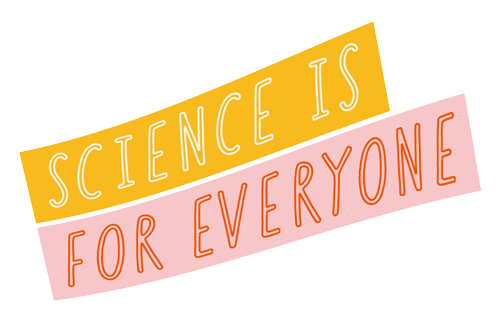
Science for Everyone: Why Not Open Science?
Science for Everyone: Why Not Open Science? https://opusproject.eu/wp-content/uploads/2023/10/science-for-everyone.png 500 321 Open and Universal Science (OPUS) Project Open and Universal Science (OPUS) Project https://opusproject.eu/wp-content/uploads/2023/10/science-for-everyone.pngScience has long been a driving force behind human progress, unraveling the mysteries of the universe, improving our understanding of the world around us, and driving technological advancements that have shaped our modern society. Traditionally, scientific research has been conducted within the confines of academic institutions, funded by governments, private organizations, or individuals, and often shielded from public view. However, there is a growing movement advocating for a more open and inclusive approach to science – Open Science. In this article, we will explore the concept of Open Science and why it is crucial for the advancement of knowledge and society as a whole.
The Traditional Model
Historically, scientific research has followed a well-defined path. Researchers, often working in isolated laboratories, conducted experiments and gathered data. They would then publish their findings in scientific journals, which were often behind paywalls, accessible only to those with subscriptions or institutional access. This traditional model, while successful in advancing scientific knowledge, has been criticized for various reasons.
- Limited Access: Paywalled journals restrict access to scientific knowledge, preventing many individuals, especially those in less privileged circumstances, from benefiting from the latest discoveries.
- Slow Dissemination: The traditional publishing process can be slow, with months or even years passing between the completion of research and its publication. This delays the application of new knowledge in the real world.
- Lack of Transparency: The closed nature of traditional science can foster a lack of transparency, making it difficult to verify and replicate results, a cornerstone of the scientific method.
- Data Hoarding: Researchers often hoard their data, fearing that sharing it will jeopardize their competitive edge or opportunities for future funding.
Open Science: A New Paradigm
Open Science is a movement that seeks to address these issues by advocating for greater transparency, accessibility, and collaboration in scientific research. It encompasses various practices and principles, including:
- Open Access: Making research articles freely available to the public, allowing anyone to read, download, and distribute them.
- Open Data: Sharing research data, methodologies, and materials openly, enabling others to verify and build upon research findings.
- Collaborative Research: Encouraging scientists to work together across disciplines and institutions to tackle complex problems collectively.
- Preprints: Sharing research findings before formal peer review, expediting the dissemination of new knowledge.
Benefits of Open Science
- Democratization of Knowledge: Open Science breaks down barriers, making scientific knowledge accessible to a wider audience, including students, educators, policymakers, and the general public.
- Faster Innovation: By sharing data and findings openly, researchers can build upon each other’s work more rapidly, accelerating the pace of innovation and problem-solving.
- Greater Transparency: Open Science promotes transparency and accountability, reducing the likelihood of scientific misconduct and enhancing the credibility of research.
- Increased Collaboration: Collaborative efforts fostered by Open Science can lead to breakthroughs and solutions to complex challenges that may have been beyond the reach of individual researchers or institutions.
- Engaging the Public: Open Science allows citizens to participate more actively in the scientific process, fostering a sense of ownership and trust in scientific endeavors.
Challenges and Considerations
While the Open Science movement is promising, it faces several challenges, including concerns about data privacy, the need for funding to support open access initiatives, and cultural shifts within the scientific community. However, these challenges can be overcome with concerted effort and commitment.
Conclusion
Science for everyone, through the principles of Open Science, offers a brighter and more inclusive future for scientific research and its applications. By embracing openness, transparency, and collaboration, we can accelerate scientific progress, engage a broader audience, and make knowledge a truly global and shared resource. In an age where science plays an increasingly pivotal role in addressing global challenges, Open Science is not just a choice but a necessity. It’s time to open the doors of science wide and let everyone benefit from the wonders of discovery.
Photo via Little Science
- Posted In:
- Open Science News




